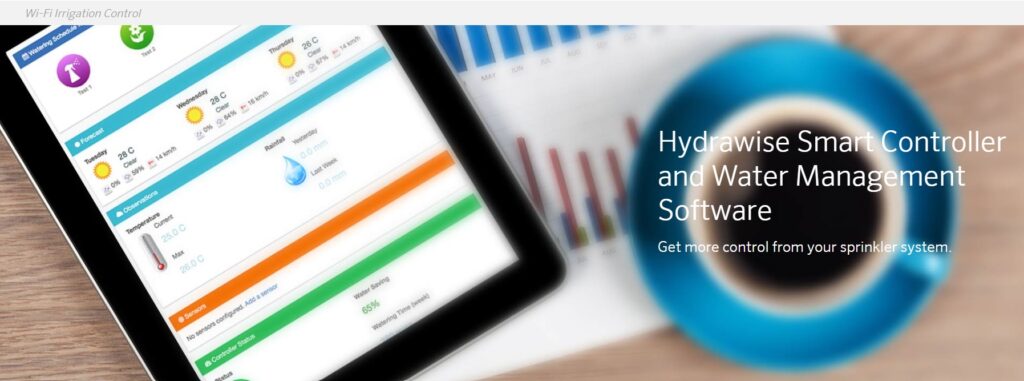In a world where water scarcity is increasing, adopting sustainable practices is essential. Smart irrigation systems offer an innovative solution to minimize water waste while efficiently nourishing plants. By harnessing advanced technology and data-driven approaches, these systems optimize watering schedules, monitor soil moisture levels, and adapt to weather conditions. In this article, we will explore how smart irrigation systems can help save water and contribute to a more sustainable future.
Smart irrigation systems utilize sensors to gather real-time soil moisture levels, rainfall, and temperature data. This information enables precise and customized watering schedules based on plants’ specific needs. By avoiding overwatering and delivering water only when necessary, smart systems eliminate water waste. Moreover, by considering factors such as plant type, sun exposure, and soil conditions, these systems ensure that water is used efficiently, leading to healthier plants and reduced water consumption.
One of the key advantages of smart irrigation systems is their ability to adapt to changing weather conditions. By integrating weather forecast data, these systems can automatically adjust watering schedules. For instance, if rain is predicted, the system will skip watering to prevent unnecessary irrigation. By aligning watering with natural rainfall, smart systems avoid overwatering during wet periods, conserving water resources. This dynamic response to weather patterns maximizes water efficiency and reduces the environmental impact of irrigation practices.
Smart irrigation systems offer the convenience of remote monitoring and control through mobile apps or web interfaces. Users can access their irrigation systems from anywhere to monitor water usage, adjust schedules, and customize settings. This feature enables real-time visibility and control over water consumption, facilitating proactive water management. By being able to make immediate changes in response to unexpected circumstances, users can optimize water usage and reduce waste, even when they are away from their properties.

Smart irrigation systems often provide detailed reports and insights on water usage patterns. By analyzing this data, users can gain a deeper understanding of their irrigation habits and identify opportunities for improvement. These insights may reveal areas where water usage can be further optimized or indicate potential leaks or inefficiencies in the irrigation system. By leveraging this information, users can fine-tune their watering strategies, make informed decisions, and achieve significant water savings over time.
Smart irrigation systems represent a game-changing approach to water conservation in landscaping and agriculture. These systems provide an efficient and sustainable solution for managing water resources by leveraging advanced technology, data analysis, and automation. Through precision watering, weather-based adjustments, remote monitoring, and water usage insights, smart irrigation systems empower users to save water, reduce wastage, and contribute to a more sustainable environment. By adopting these innovative systems, we can significantly impact water conservation efforts and pave the way for a greener and more water-conscious future.

